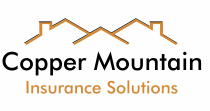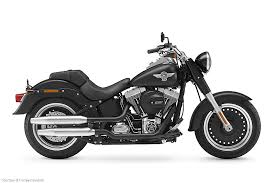Insurance is all the same, right? It doesn’t matter where you buy it. But, here’s the thing - where you buy it determines your future with that policy.
You buy a house, you get a homeowner’s policy. You obviously want one at the best price, with the right coverages, and a great agent who is always there when you need help.
Direct vs. independent insurance agents sounds pretty simple. But is it?
Your entire experience is going to be determined by the type of insurance agent you purchase your policy through.
Let’s break it down into two categories: Direct vs Independent Insurance Agents.
What is a "Direct Agent"?
Direct agents, otherwise known as captive agents, are the everyday agents that often advertise on TV with a catchy jingle. Most of them specialize in auto and home insurance. These agents can be located in a retail office or in a call center with 100’s of other agents.
Captive agents make their services sound helpful and easy through one simple interaction. You give them some information, and they come back with a price. Easy as pie. The part they never seem to mention is that when you get involved with a captive agent, they write the policy on their terms, not yours.
As a former manager from the direct side of insurance I will tell you they manage agents to have low talk times per call. What does this mean for you? The agents don’t have time to properly educate you on the coverage's you should carry. These agents are also measured on how many sales they make so they may be offering you minimum coverage without explanation to make the sale. Quite often you are under-insured and won’t even realize this until after an accident.
Why choose an "Independent agent"?
An Independent Agent is an agent who partners with many insurance carriers. This allows the independent agent to provide you the best price with the best coverage. The independent agent is also not restricted to talk times and will spend extra time to help you. You have a single point of contact and they will grow with you as your insurance needs change.
The independent agent is also local so you can stop by their office and talk to them in person. Many direct or captive agents work in a call center and are not allowed to have client visits. In most cases they may not be in your city or your state.
Conclusion:
Most people don’t realize that it is free to talk with an independent agent. Our agency focuses on delivering excellent customer service and are willing to work with you in our office, over the phone or we can even visit you. The choice is up to you. The next time you are reviewing your insurance needs please give us a call. You will see the difference an independent agent makes in helping you with your insurance needs. Feel free to give us a call at 602-412-3366.



 RSS Feed
RSS Feed